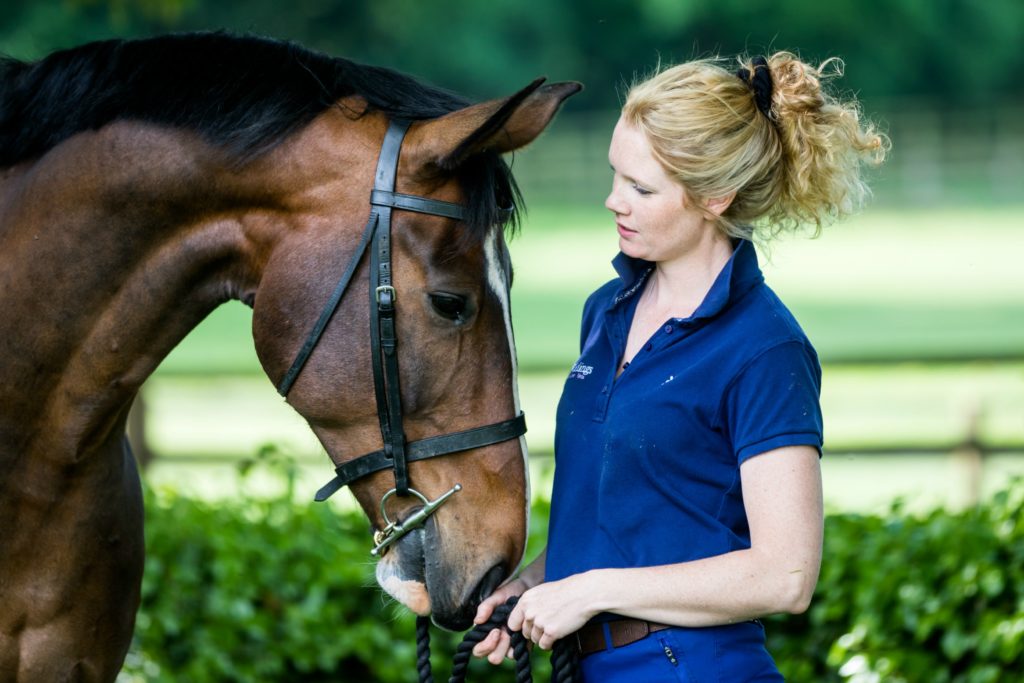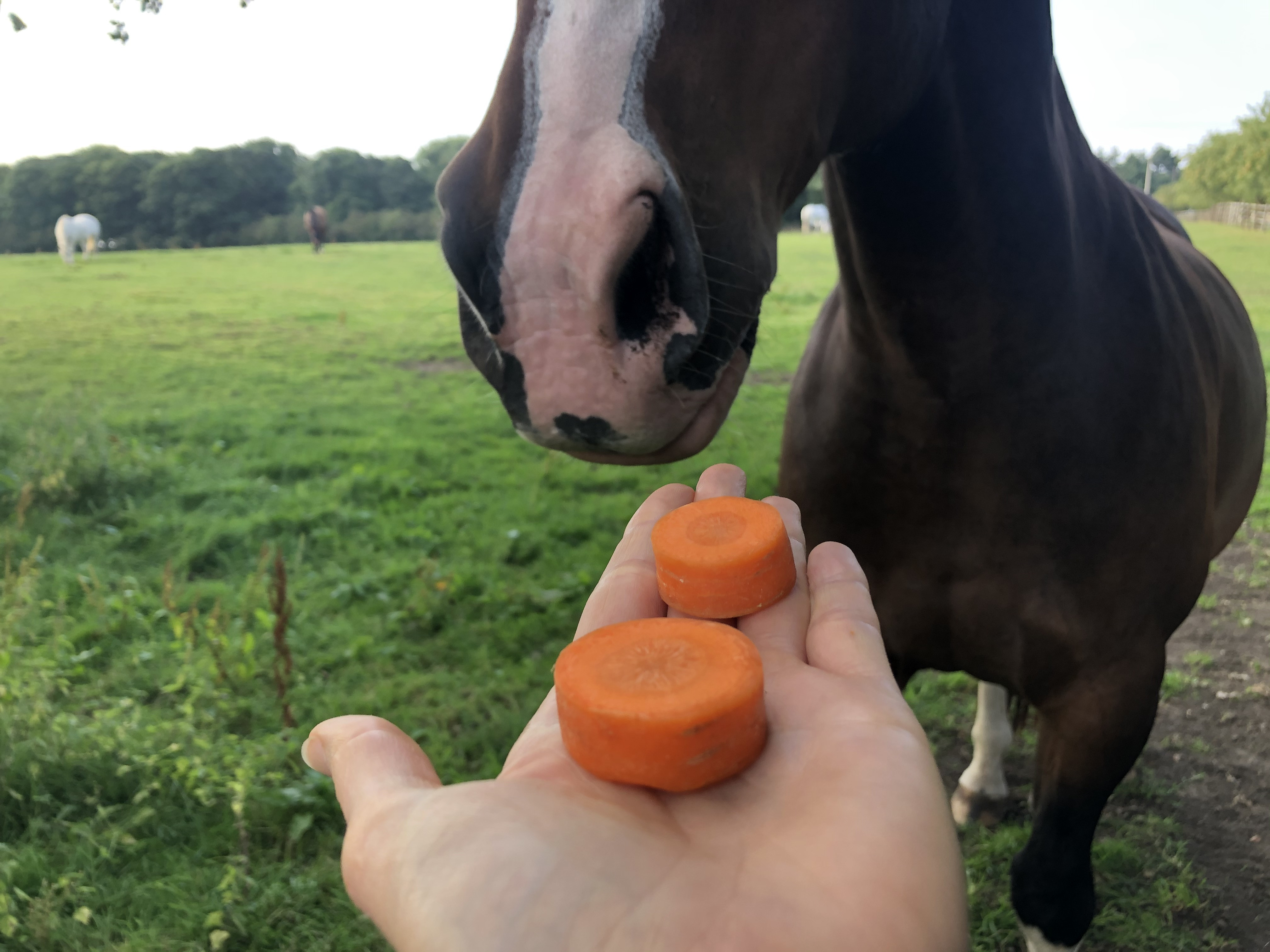Choke is one of the most common emergencies equine vets attend and the team at Ridings Equine Vets have seen an increase in cases over the last few weeks. Here is a list of the most common things the cases that we see are choking on and some tips on how to avoid it happening to your horse.
Horses can choke on virtually anything! It is usually as a consequence of eating too fast and not chewing properly. I've put together a list of the most common causes in the chokes I have seen during my time as a vet, but it is by no means exhaustive. Always remember that if you are worried your horse is choking no matter what the cause, call your vet immediately for advice.
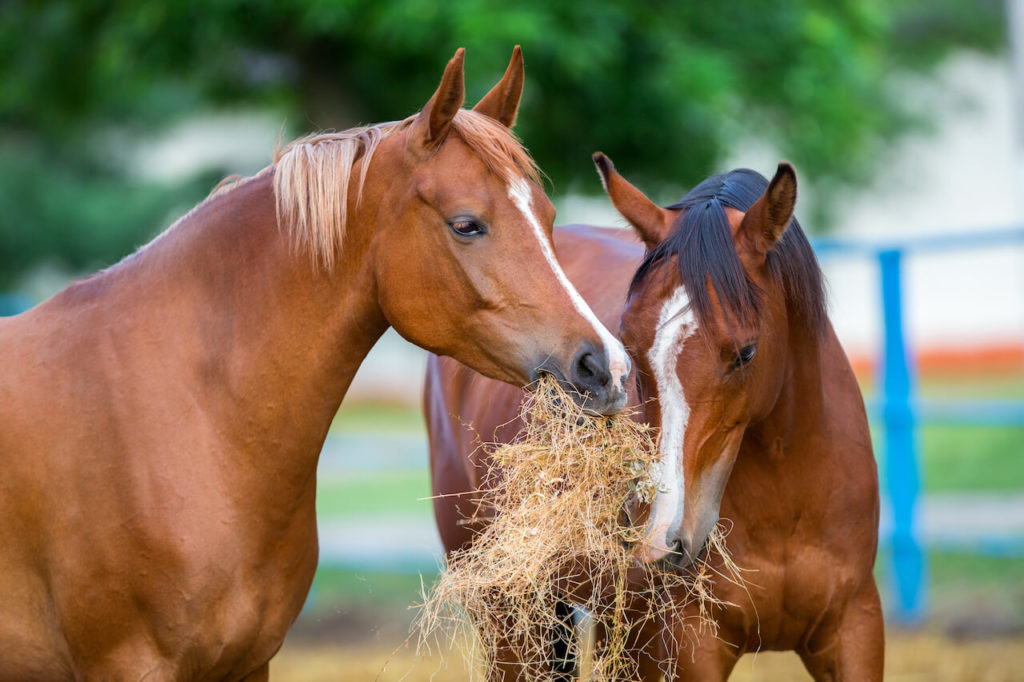
- Hay
Quite surprisingly, hay is probably the number one cause of choke in the cases we see. Dry hay is most common.
Choke from hay can occur at any time but typically happens when a horse is hungry and eats a large amount of hay very quickly without chewing the hay sufficiently. Examples include if a horse has been in the stable for some time without hay and then has sudden access to it, or if there is not very much grass in the paddocks and the horse is fed hay.
The best way to avoid this is to feed soaked hay in a small holed haynet, and to try to avoid your horse getting very hungry by feeding little and often.
2. Dry feed
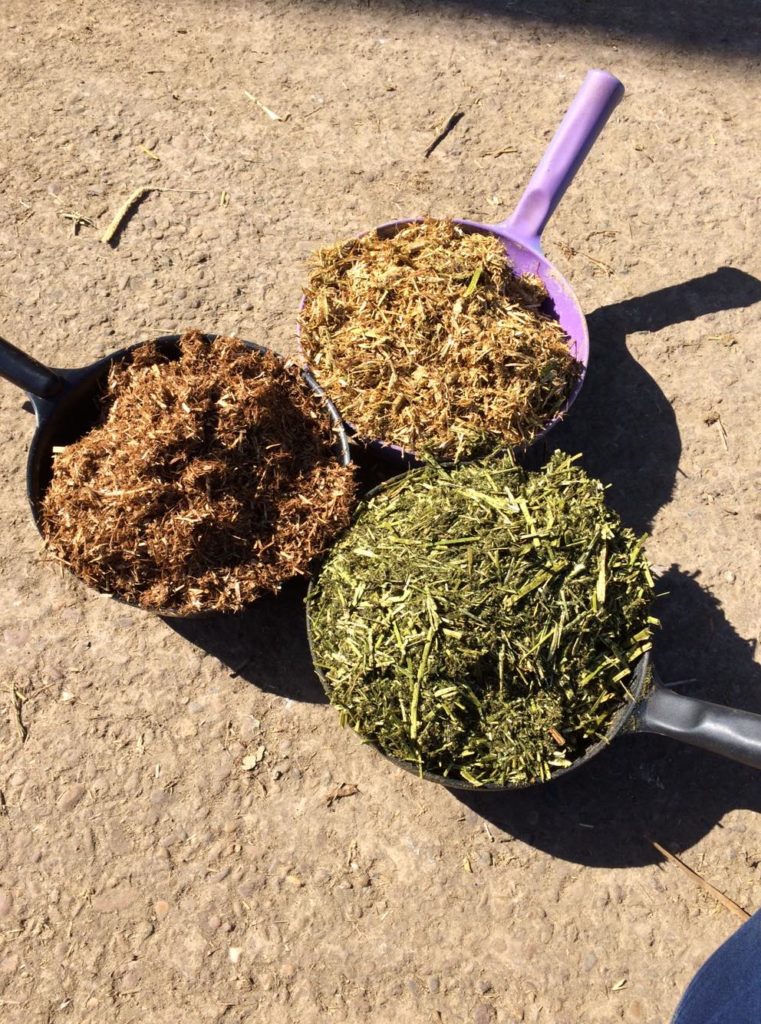
Almost as common as choke caused from hay, and for very similar reasons, is choke due to horses eating their normal dry feed. This typically happens when hungry horses grab a large mouthful of dry feed and do not chew it properly. This causes the dry feed to then get stuck part way down the oesophagus before getting to the stomach.
Horses prone to choke, and those that eat their feed quickly will benefit from having soaked feeds and from feeding them in a slow feeder such as a treat ball to avoid them having large mouthfuls.
3. Un-soaked sugar beet
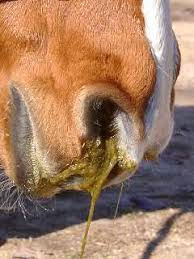
Choke caused by horses eating un-soaked sugar beet can be one of the most difficult chokes to treat and is definitely one not to delay calling the vet for - these chokes rarely resolve without veterinary intervention.
As the dry sugarbeet is traveling down the oesophagus and mixing with saliva it starts to swell, if this process happens before it reaches the stomach then it will become wedged in the oesophagus.
The most common cause of this type of choke is when horses (and very often cheeky ponies!) escape and get access to the stored dry sugar beet and help themselves. Prevent this type of choke by making sure all feed is securely locked away and that horses are unable to access the feed area.
4. Grass Nuts
The last two chokes I have personally attended have both been choking on grass nuts. They are designed to be fed un-soaked in most cases but they do swell when wet so this puts them in the same category as dry sugar beet in their ability to cause choke.
In my opinion the best way to prevent this is not to feed grass nuts, but if you insist then limit the number that you feed and put them in a treat ball to slow down the eating, or soak them. It's probably worth pointing out that there are better alternatives for hay replacers if that is the reason for feeding them.
5. Carrots (and occasionally apples)
Anything that your horse eats quickly without chewing properly can cause choke. Carrots are a particular problem because they don't absorb any water so if they get stuck there's virtually no chance the horse will be able to clear the choke without assistance as the natural lubrication of saliva won't help with a carrot. It still surprises me how many horse owners chop carrots into perfect oesophagus fitting discs (see photo below), I was taught in pony club only ever to cut carrots length ways and that has always stuck with me. Likewise with apples, cut them into slices rather than chunks.
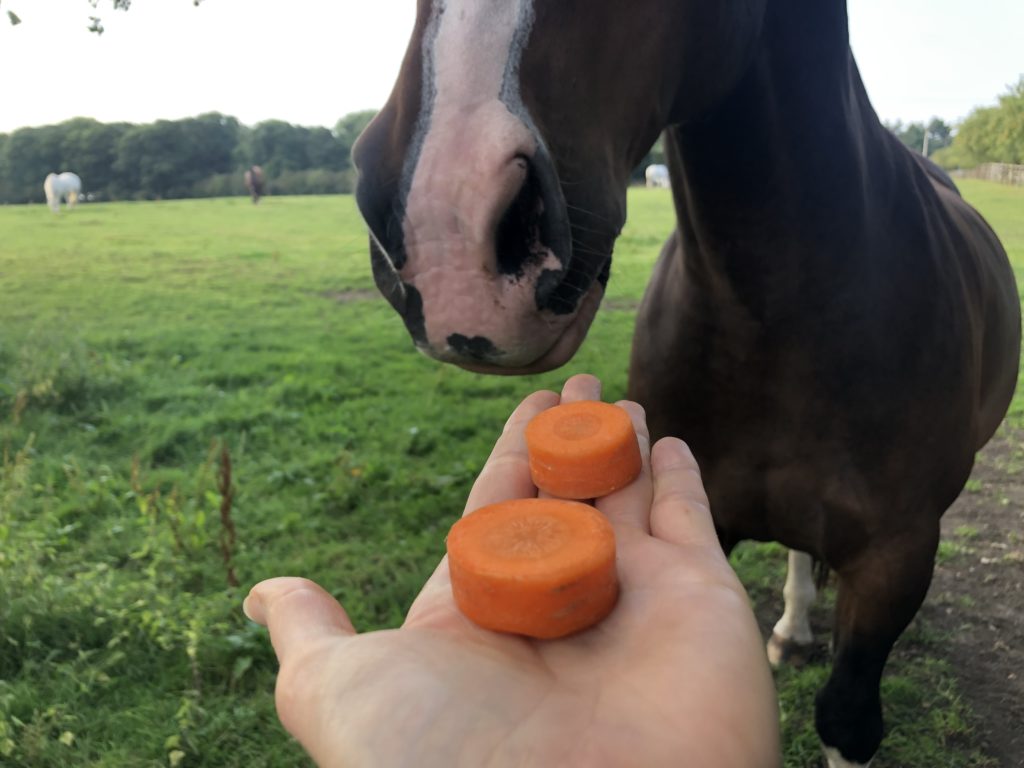
Don't forget, horses can (and do!) choke on anything, the most bizarre causes I've had are crumpets and ginger biscuits! I hope you've found some of the tips here useful. If your horse suffers frequent episodes of choke it is definitely worthwhile contacting your vet for further investigations to make sure there isn't an underlying cause other than greediness!
Jenny (Veterinary Surgeon, Ridings Equine Vets)
